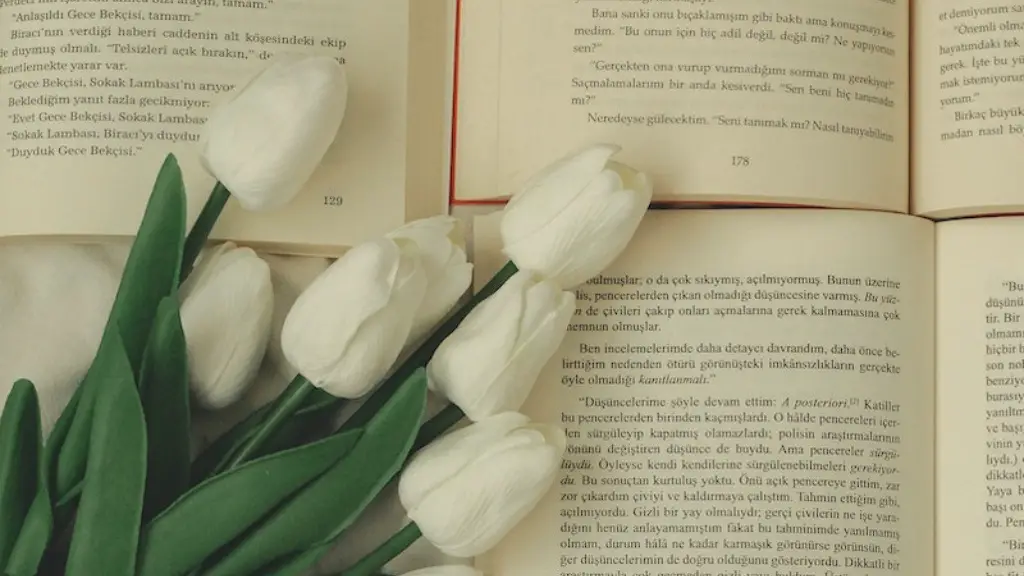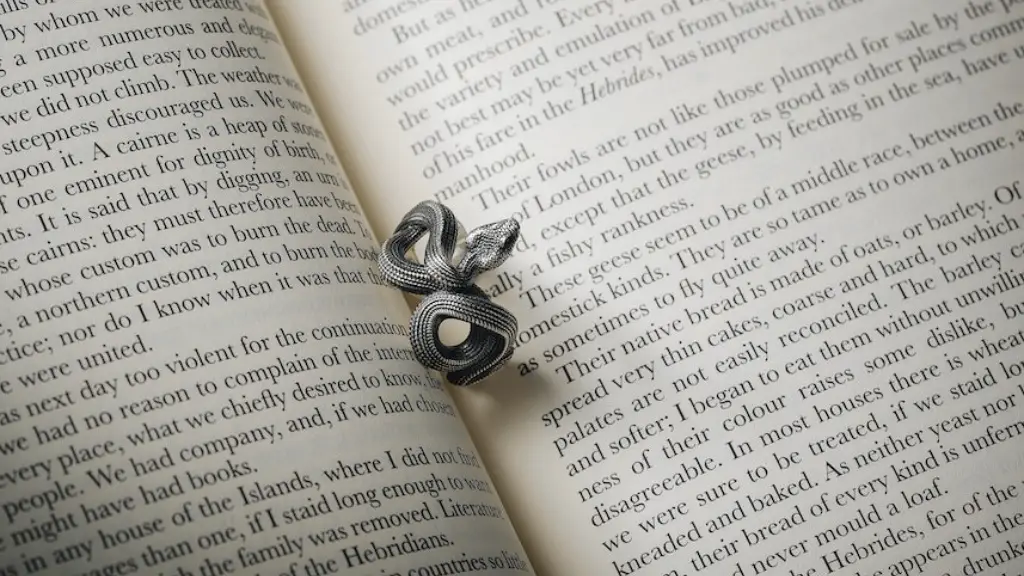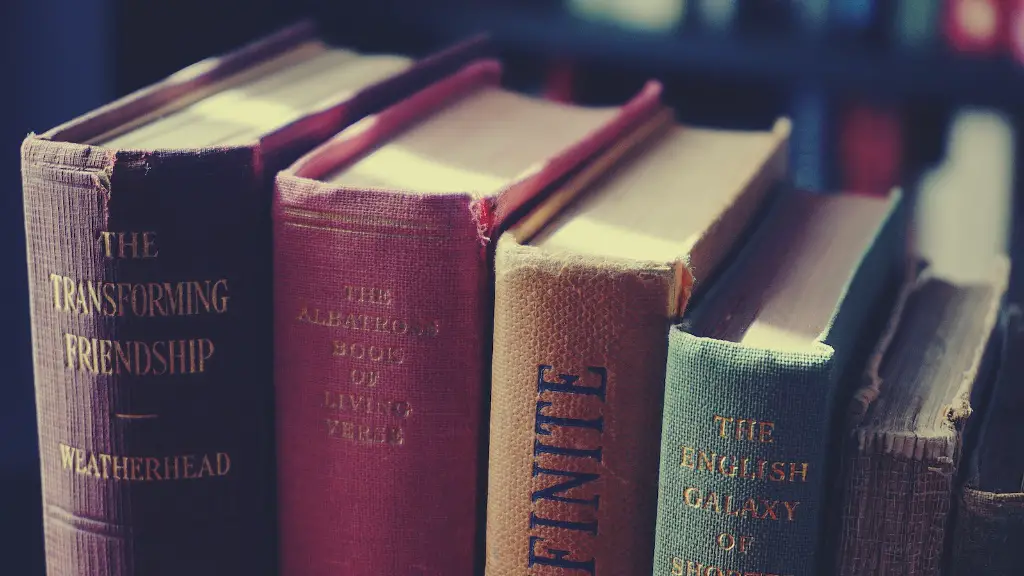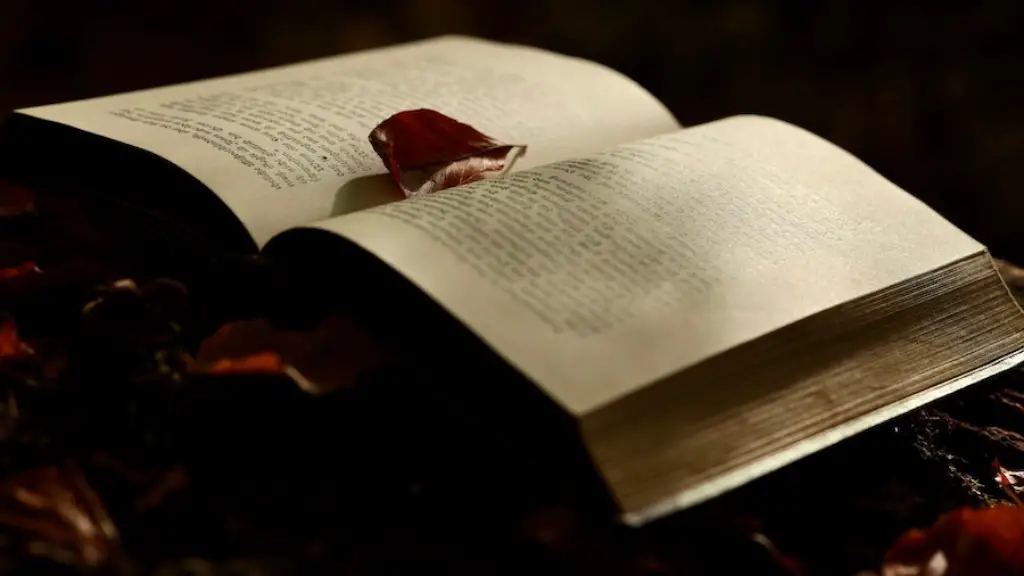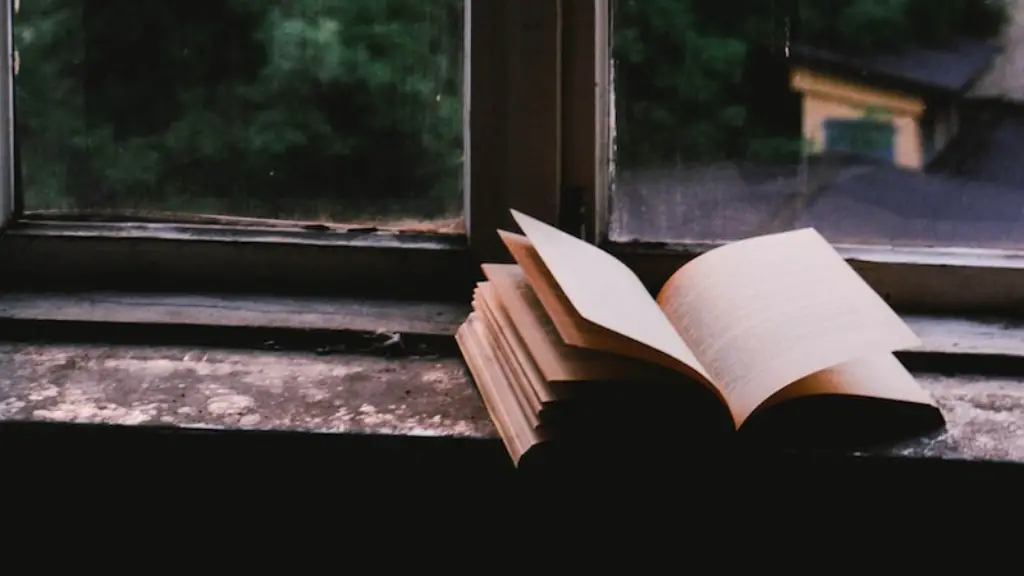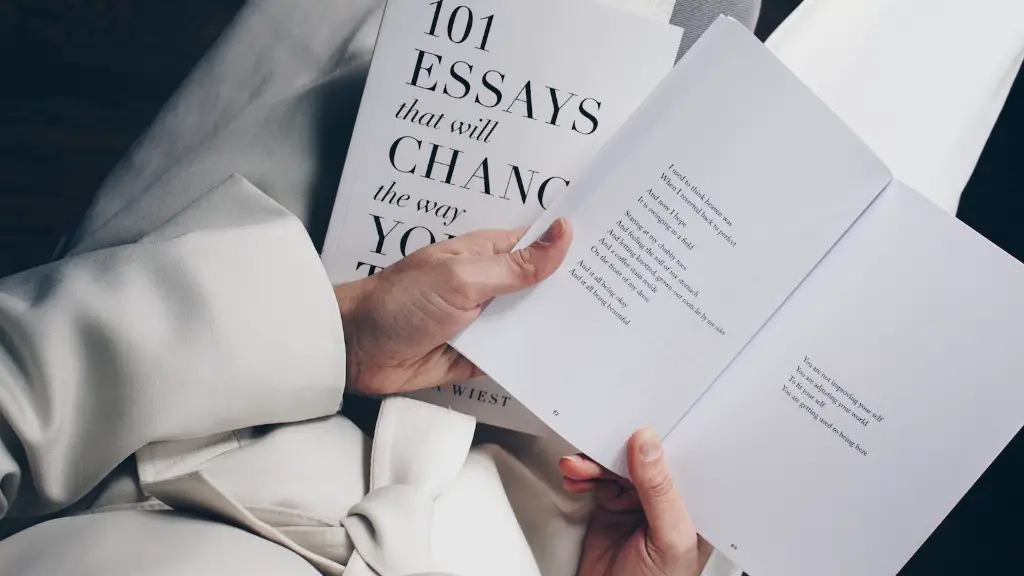What Is an Illusion in Poetry
An illusion in poetry is a literary device that creates an effect, like a dream or vision, which cannot be fulfilled in reality. Contrasting to metaphor and allegory, which rely on metaphors and associations to convey meaning, an illusion is a representation of a dream or mirage, which is false in its original form.
Ilusions in poetry are often used by poets to suggest or explore a wider or deeper meaning of the text. In many cases, the illusion is not itself the main message, but instead creates a certain atmosphere to place the poem in.
The illusion of a dream or a vision can be used to create a subtlety in the poem’s message, and to suggest something which may be incomplete or that the poet may not have consciously thought out. A poem whose sense of reality could be viewed as illusory may appear to readers to be obscure.
The use of illusions in poetry is useful to give a certain mood and to engage the reader in imagining the situation described by the poet. For example, a poem may be written from the point of view of a woman fallen in love after experiencing an illusive dream. In this example, the illusion could be used to explore her emotions and the uncertainty as to what may happen, even though the dream was false.
In addition to creating mood and atmosphere, illusions are also often used to explore themes such as longing and desire, hope, and the impossibility of achieving them. Through this, a sense of the human experience can be conveyed, as it is often believed that humans strive towards something that is ultimately unattainable.
Finally, illusions can be used to present a different way of looking at a subject. Rather than describing a scene or event directly, a poet may use an illusion as a starting point to think differently about a situation. In these cases, the illusion isn’t the main message, but rather a vehicle that the poet is using to take them on a philosophical journey.
Exploring the Themes of Dreams
Dreams and illusions in poetry can explore many themes and emotions. At its core, dreaming is considered to be a way for humans to express their desires and anxieties, as well as to reflect on their own experiences. Similarly, a poet may use illusions of dreams to explore topics such as love, longing, and regret.
For example, in the poem “Dreams” by Langston Hughes, the poet reflects on his dreams of a better life that remain elusive no matter how hard he works and struggles. Through the use of an illusive dream, Hughes is able to explore themes of ambition and hope, even as they remain beyond his reach.
Illusions can also be used to explore themes of nostalgia, as these dreams may often reflect memories of times gone by. In the poem “A Dream Deferred” by Langston Hughes, the poet explores the idea of a dream that was promised but never fulfilled. Through the use of an illusive dream, Hughes is able to explore themes of regret and disappointment, as well as a longing for a different type of future than what has previously been experienced.
In addition, illusions may be used to explore themes of faith and contentment, as these dreams may often reflect a desire for spiritual satisfaction or a sense of peace. In the poem “Heaven” by Emily Dickinson, the poet explores the idea of an illusive dream, as she longs for a spiritual connection to the divine. In this example, the use of the illusive dream creates a sense of longing and hope, even as the poet struggles to find fulfillment in the material world.
Exploring the Themes of Death and Mortality
Dreams and illusions in poetry can also be used to explore themes of death and mortality. Through the use of an illusive dream, poetry may explore the idea of life after death and the uncertainty of what may come. This can create a sense of comfort, as the unknown is no longer as frightening.
For example, in the poem “Do not go gentle into that good night” by Dylan Thomas, the poet uses an illusive dream to explore the idea of death, as he begs his father to accept his mortality with pride and dignity. Through the use of an illusive dream, Thomas is able to explore themes of courage and hope, even in the face of death.
Similarly, illusions can be used to explore themes of loss, as these dreams may often reflect a longing for a loved one who has died. In the poem “I knew a man” by Robert Frost, the poet reflects on the death of a loved one and the longing for a reunion that will never come. Through the use of an illusive dream, Frost is able to explore themes of grief and remembering, as he reflects on his relationship with the deceased.
Finally, illusions may be used to explore themes of eternity, as these dreams may often reflect eternal peace and comfort. In the poem “For an Eternal Moment” by Wallace Stevens, the poet uses an illusive dream to explore the idea of eternal life, as he yearns for a moment of perfect joy. Through the use of an illusive dream, Stevens is able to explore themes of hope and faith, even in the face of death.
Exploring the Themes of Love and Loss
Dreams and illusions in poetry can also be used to explore themes of love and loss. Through the use of an illusive dream, poems may explore the idea of love and its many facets, as well as the joys and sorrows of relationships.
For example, in the poem “A Red, Red Rose” by Robert Burns, the poet uses an illusive dream to explore the idea of true love, as he engages in a courtship of a woman he loves but cannot have. Through the use of an illusive dream, Burns is able to explore themes of love and loss, even as he is doomed to experience heartbreak.
Similarly, illusions can be used to explore themes of longing and desire, as these dreams may often reflect a longing for a lover. In the poem “To His Coy Mistress” by Andrew Marvell, the poet uses an illusive dream to explore the idea of love that is unrequited and the longing for a romantic relationship. Through the use of an illusive dream, Marvell is able to explore themes of ardor and longing, as he implores his mistress to succumb to his passion.
Finally, illusions may be used to explore themes of heartache and despair, as these dreams may often reflect a pain that is too great to bear. In the poem “When You Are Old” by W.B. Yeats, the poet uses an illusive dream to explore the idea of love that has gone astray and the lingering heartache that has been left behind. Through the use of an illusive dream, Yeats is able to explore themes of sadness and regret, even as he reflects on the sorrow of a love gone wrong.
Exploring the Themes of Hope and Redemption
Dreams and illusions in poetry can also be used to explore themes of hope and redemption. Through the use of an illusive dream, poetry may explore the idea of hope for the future, as well as the hope of a better life.
For example, in the poem “Hope Is the Thing with Feathers” by Emily Dickinson, the poet uses an illusive dream to explore the idea of hope as a source of strength and comfort. Through the use of an illusive dream, Dickinson is able to explore themes of perseverance and endurance, even in the face of adversity.
Similarly, illusions can be used to explore themes of redemption and absolution, as these dreams may often reflect a desire for peace and forgiveness. In the poem “The Journey of the Magi” by T.S. Eliot, the poet uses an illusive dream to explore the idea of redemption and a different life than the one they had before. Through the use of an illusive dream, Eliot is able to explore themes of faith and transformation, as the three wise men are transformed by their journey to find Jesus.
Finally, illusions may be used to explore themes of transformation and new beginnings, as these dreams may often reflect a desire for a different life. In the poem “The Road Not Taken” by Robert Frost, the poet uses an illusive dream to explore the idea of taking a different path and the hope for a better future. Through the use of an illusive dream, Frost is able to explore themes of hope and possibility, even as the spirit of adventure beckons.
